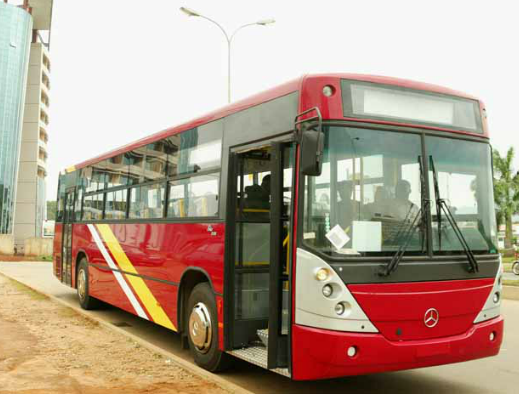
Amr Nasaar, executive advisor for business development for automobile production company MCV, stated that orders for vehicles for export to the Arabian Gulf and Europe have decreased to 60% of their previous levels. He said that this was a result of an increase in Chinese exports to the region, in addition to the economic recession suffered by a number of consumer countries.
MCV automobile exports in 2012 decreased from 2,000 to 800 per year.
Nasaar said that MCV factories were targeting tourist companies and bids hosted by the Transportation Authority in an attempt to increase sales, adding that this may be difficult as Egypt’s tourist industry has suffered in recent years.
He stated that MCV was currently competing to sell 100 minibuses to Egypt’s Transportation Authority. The company also recently bid to sell 200 buses to the Authority, and this purchase was to be funded by a loan from the European Bank for Reconstruction and Development.
He added that MCV seeks to increase its production capacity from 6,000 to 10,000 units per year. Nasaar said that in 2009 the company had increased its production capacity from 3,000 to 6,000 units per year, despite decreases in worldwide demand as a result of the 2008 economic crisis.
Nasaar said that Egypt’s market was able to insulate itself from the 2008 global financial crash, achieving average growth rates of 7.5% before the outbreak of the revolution, with the Central Bank largely successful in protecting the value of Egypt’s currency. He stated that during this period the Egyptian government had propped up the industry when worldwide demand for vehicles decreased.
He added that the rise in the price of the dollar and the fall in value of the Egyptian pound should help increase international demand for locally-made vehicles. However lapses in security, diesel and fuel shortages, and road blockages preventing employees from arriving on time to work mean that the cost of production and freight has increased for local companies, making them less competitive.
Removing fuel petroleum subsidies and selling fuel at its market value, he said, would radically alter the state of Egyptian transportation, forcing a number of vehicle owners to use public transportation. He described Egyptian public transportation as of poor quality, a fact which has forced the government to undertake the construction of new metro and railway lines to accommodate passengers.
Nasaar concluded that the government and the Transportation Authority, with international consulting agencies, should conduct studies to create new solutions for the country’s transportation problems and increase local demand for cars and vehicles.


